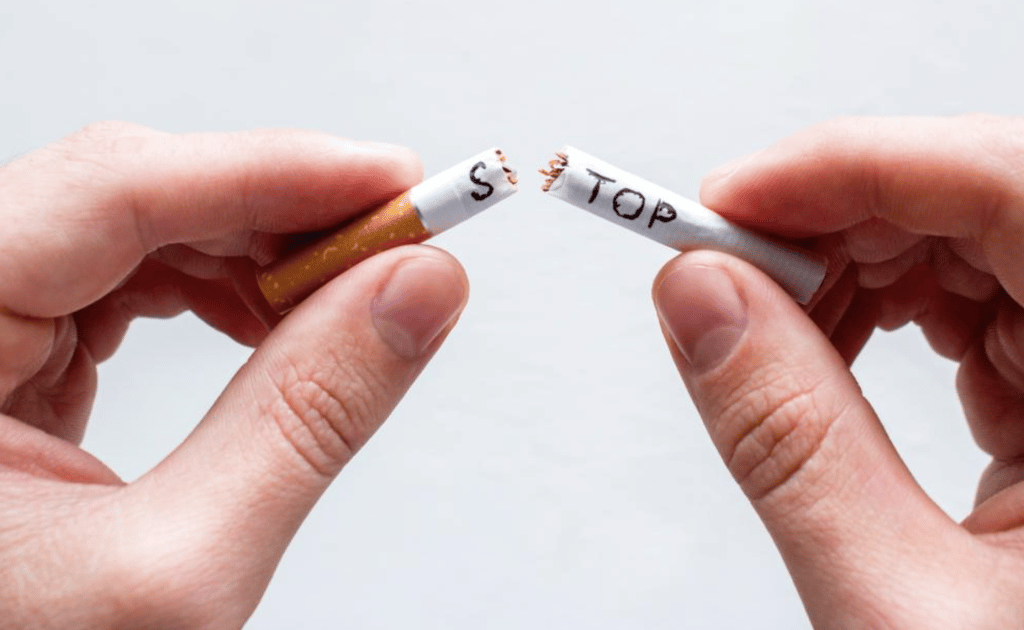There are more positive conversations going on around mental health today than in the rest of western history combined. And yet, there is still a stigma against mental health issues.
At the same time, there are more constructive conversations going on around how to treat addiction today than in most of history as well. Addiction carries its own stigma, however.
What do these two things have in common? Why do they both have a stigma against them, even as the science that studies them advances? And how does it come to be that so many people who suffer one, also suffer the other? Many people don’t know the answer to these questions, but they are hardly shrouded in a veil of mystery.
The reason why people treat addiction and mental health as topics to be avoided (and the sufferers of both as people to be avoided) is because they don’t understand them. Today, we are going to try and bridge that gap to explore how they are actually related.
How Mental Health Issues Lead to Addiction Issues
Imagine that antidepressants didn’t exist. Depression would still exist, as it has existed for as long as humans have existed. But you would have to find your own treatment for it.
In that world without treatment, the only thing a person could do is deal with the symptoms of their mental affliction to keep them from being too damaging. And what is the most common and popular method of dealing with the pain of mental illness? Substance abuse.
When you think about it, substance abuse is actually pretty common in society. True, most drugs are illegal. But people still do them. Recreational drug use is encouraged, if not expected, to fit into social circles. In that sense, it solves multiple problems for a person suffering from some sort of mental anguish: First, it alleviates pain. Then, it provides company.
But it does not take a psychologist to see the downward spiral that can cause. If a person is drinking or using drugs in order to deal with the pain of anxiety, depression, or any other mental pain, then you can imagine that they are on a short path to a long battle with addiction.
How Addiction Leads to Mental Health Issues
It is an oversimplification, however, to think that everyone who develops an addiction is depressed or anxious. Part of the burden of addiction is that it can change a person. What once was easy for them, or brought them joy, or didn’t bother them, might be a huge obstacle.
How does this happen? Well, it relates to the essential components of brain chemistry: The hormones that your brain uses to communicate certain states of being to the nervous system.
Hormones are the chemicals in your body which carry the signals that tell your body how to behave. If your body produces dopamine, it makes you happy. If your body produces cortisol, it makes you stressed. But these hormones are released in set patterns. If you disrupt the patterns, it can have long-term consequences for your mental health.
The most common disruption starts with dopamine. The body can only release so much dopamine at a time. Imagine you use a substance like cocaine or heroin, either of which might release all the dopamine your body can produce. What happens then?
Two things happen once you are “out” of dopamine. First, you go from feeling euphorically happy to impossibly sad. You won’t even be able to feel happy doing the things that would normally make you happy. Second, the hormones that are created as a by product of dopamine would become scarce. Serotonin, which governs the sleep cycle, would be hard to create.
Without serotonin, cortisol would linger in the body longer. The burden of all this imbalance builds and builds. Even when the body can produce dopamine again, it is never enough to deal with the massive imbalance that has been created. The addict starts to feel like the only solution to their state of being is to drink again, to use again, to solve the problem with their addiction.
The Downward Spiral
There is a reason why we use the term “downward spiral” to describe this situation. Whether a person starts by self-medicating a mental illness or develops a mental illness as the result of an addiction, eventually the line between the two becomes blurred, and then disappears entirely.
And that is because addiction is a mental illness. You might have heard people debate about depression; is a person born with depression? Can they “catch” it through traumatic life events?
The issue that people usually run into with this over-categorization is that they believe there are mental illnesses that you can be born with, but not develop due to outside stimulus. No one develops psychopathy or schizophrenia as a result of trauma (at least not in their popular conceptions, as they can actually both develop as the result of either trauma or addiction).
Well, if there are mental illnesses you can be born with but can’t get through external stimulus, then it stands to reason that there are mental illnesses that you can’t be born with but can get through external stimulus. Addiction is one such mental illness.
The Stigma Against Both
Let’s return once more to the stigma against both mental illness and addiction. Why does that exist? The simple answer is that people believe that both are the result of bad choices.
They think an addict is just a person who keeps using a substance that hurts them. They think someone with a mental illness just doesn’t have the right outlook.
Conclusion
Fortunately, there have been great strides in recent years to treat both mental illness and addiction, including the development of viewing addiction as a mental illness.
That means that there is always help out there. Visit us if you need to talk about it at https://newwatersrecovery.com/
